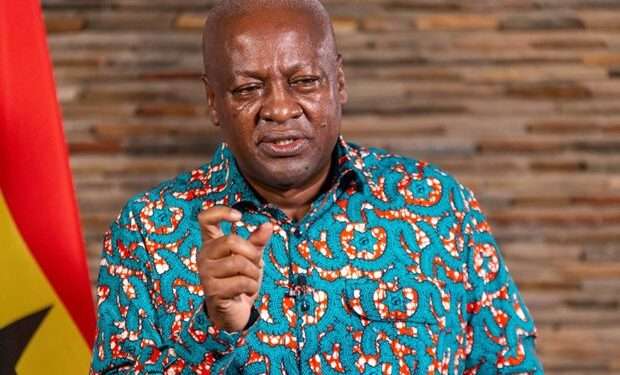Alhaji Alhassan Tampuri, the Deputy Minister of Transport, has underscored the importance of electric vehicles in the country, noting that it will reduce respiratory issues.
According to the deputy transport minister, the change from fossil-based vehicles into electric cars has been touted as one project that can reduce carbon emissions in the country.
This would contribute to the right fight against climate change and other adaptive controls and improve the health of the people particularly from respiratory infections, he said.
Alhaji Alhassan Tampuri made this known during a stakeholders consultation exercise which is jointly being held by the Ministry of Energy and the Ministry of Finance with support from the Public Sector Reform for Results Project (PSRRP).
“It is undeniable fact that the transport sector played a crucial role in the smooth functioning of the economy and is essential in promoting social cohesion” Alhaji Tampuri pointed out.
However, Alhaji Tampuri said just like the global front, Ghana’s transport sector has become a major source of greenhouse gas emissions. This is due to fossil fuel-based vehicles- petrol- and diesel- powered ones.
The Deputy Minister said data by the DVLA, as of 2022, showed that there are about 3.2 million registered vehicles in the country. Out of these, 72 percent are powered by petrol engines, 27 percent by diesel engines, and less than 1 percent by LPG and other energy sources.
High Dependency on Fossil Fuels
Alhaji Tampuri noted that the high dependency on fossil fuels, combined with other factors such as traffic congestion, has resulted in the transport sector becoming a net emitter of Greenhouse Gases (GHG).
“The emissions from vehicles are not only bad for our planet, but they are also bad for our health. Air pollution have been partly blamed for cases of asthma, bronchitis, and premature death.”
Alhaji Tampuri
Meanwhile, the United Nations has warned that if global warming is allowed to rise above 1.5 degrees Celsius, it will have disastrous consequences.

The Deputy Minister said countries around the world were taking action to reduce their carbon footprint in response to the Paris Climate Accord.
The United Kingdom, for instance, has committed to achieving a net-zero emissions by the year 2050, while Europe is working to halt the production and sale of diesel vehicle by 2030.
Norway, which is highly dependent on oil and gas exports, has also committed to ending the sale of vehicles powered by fossil fuels by 2025, according to the sector minister.
He disclosed that the Ministry of Transport with support from the Climate Technology Centre Network and the UNEP Copenhagen Centre on Climate Change based in Denmark had thus developed an Electric Mobility framework in June 2022.
The deputy minister noted the framework consequently gave impetus to the development of a draft National Electric Vehicle Policy to serve as a key input for a comprehensive implementation plan and investment strategy for smooth transition to electric vehicles.
Mr. Herbert Krapa, the Deputy Minister of Energy on his part, said, “we can no longer defer, perpetually, the subject of electric vehicles and that is why we have come down here today, to your beautiful Region, to be part of these stakeholder consultations.”
Mr. Herbert Krapa said the government is determined to achieve net-zero CO2 emission by 2070, and the transport sector remained a top priority for that vision.
The Ministry, Krapa noted Is in talk with the Energy Commission on a Drive Electric Initiative to promote alternative and productive use of electricity beyond industrial, commercial, and residential uses to power vehicles on roads.
“We have an opportunity here in Ghana, to take advantage of such technologies as part of our Energy Transition Framework, to not only reach net-zero by 2070, but also create millions of jobs for our people, provide skills training for our youth, build new industries across Ghana and prevent millions of premature deaths.”
Meanwhile, participants stressed the need for the government to improve upon existing road networks, to ensure smooth travel with such vehicles. They also called for more charging points to avoid any inconvenience in the use of such electric Vehicles.
READ ALSO: Portugal Affirms Partnership with African Development Bank and Lusophone Compact





















